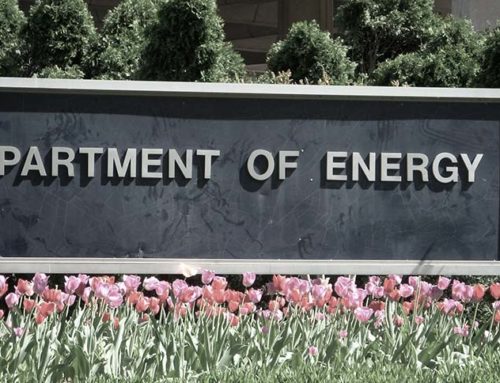Dear Representative:
The undersigned organizations ask you to place common sense parameters on the next legislation to address our nation’s infrastructure. As our economy continues to recover from the pandemic, it is essential to act in a fiscally responsible manner. Doing otherwise could exacerbate inflation, disrupt the still tenuous job market, and place additional burdens on struggling families.
Our infrastructure challenges are long-term, not immediate or sudden. To tackle these problems, the solutions also must be comprehensive, realistic, and enduring. Using the COVID-19 pandemic or threat of climate change to bypass long-established budgetary rules designed to bring discipline to federal infrastructure spending, would be fiscally reckless. With taxpayers facing a $3 trillion deficit this year, and facing $12 trillion in additional deficits over the next decade, Congress must instead do the tough work of prioritizing federal investments in policies and programs that provide the greatest return on investment and support long-term economic development. We write to offer suggestions on what to do and, just as importantly, what not to do in the upcoming infrastructure package.
- A defensible definition of infrastructure must come first. A common sense understanding of infrastructure should guide this package. Roads, runways, bridges, tunnels, dams, and railroad tracks certainly qualify. But extending the “infrastructure” label to facets far removed from traditional infrastructure, or that are properly the purview of the private sector, is a bridge too far. Taxpayers would be better served by a legislative package that focuses on traditional infrastructure, eliminates unnecessary red tape, and maximizes investment from the private sector, states, and other nonfederal sources.
- No Pentagon spending. While the Pentagon builds roads, runways, bridges, family housing, schools, barracks, and myriad types of infrastructure, they also have a generous annual budget for military construction of $10-11 billion per year. If the Department of Defense (DoD) needs more than that, we recommend it re-prioritize its overall budget of more than $700 billion per year. With by far the largest discretionary budget, our groups are against covering any DoD costs in an infrastructure bill.
- Spending must align with revenue. Since the beginning of the pandemic Congress has authorized more than $5 trillion in response and recovery funds, almost entirely deficit-financed. While we appreciate that the infrastructure proposal contains some pay-fors, many of them are inadequate or over-stated. Unused and unneeded emergency funds appropriated for COVID-19 response should be returned to the Treasury. The infrastructure package should not rely on financing mechanisms like extending the mandatory sequester, relying on additional revenue from
macroeconomic effects, and the sale of government assets such as 5G spectrum or oil in the strategic petroleum reserve. Instead of budgetary gimmicks and creative accounting, Congress must align infrastructure investments with credible, conservative estimates of revenue.
Our organizations are concerned about debt, deficits, and the burdens that unprecedented federal spending is placing on future generations. We also support investments in our nation’s infrastructure. We ask you to exercise fiscal constraint when crafting this legislative package to address what are very real infrastructure needs in the United States. This is a debate that cannot wait any longer.
Taxpayers for Common Sense
60 Plus Association
Americans for Prosperity
Bluegrass Institute for Public Policy Solutions
Center for Freedom and Prosperity
Center for Individual Freedom
Citizen Outreach
Council For Citizens Against Government Waste
Competitive Enterprise Institute
Freedom Foundation of Minnesota
FreedomWorks
Heartland Institute
Independent Women’s Forum
Independent Women’s Voice
Iowans for Tax Relief
Institute for Policy Innovation
John Locke Foundation
National Center for Public Policy Research
National Taxpayers Union
R Street Institute
Small Business and Entrepreneurship Council
Taxpayers Protection Alliance
Truth in Accounting










